The Banking Union - One, but Not for All
Ralitsa Kovacheva, September 12, 2012
 "We want to break the vicious link between sovereigns and their banks. In the future, bankers' losses should no longer become the people's debt, putting into doubt the financial stability of whole countries," Jose Manuel Barroso, president of the European Commission said on the occasion of the presentation of the Commission proposal for creation of a single supervisory mechanism (SSM) for banks. According to the proposal, the European Central Bank (ECB) is given strong supervisory powers over all banks in the euro area, and non-euro area countries can join the single mechanism on a voluntary basis.
"We want to break the vicious link between sovereigns and their banks. In the future, bankers' losses should no longer become the people's debt, putting into doubt the financial stability of whole countries," Jose Manuel Barroso, president of the European Commission said on the occasion of the presentation of the Commission proposal for creation of a single supervisory mechanism (SSM) for banks. According to the proposal, the European Central Bank (ECB) is given strong supervisory powers over all banks in the euro area, and non-euro area countries can join the single mechanism on a voluntary basis.
Creating the SSM is a major step towards a Banking Union, the President of the European Commission underlined: "This new system, with the European Central Bank at the core and involving national supervisors, will restore confidence in the supervision of all banks in the euro area. The European Parliament will have a crucial role to play in ensuring democratic oversight. We should make it a top priority to get the European supervisor in place by the start of next year. This will also pave the way for any decisions to use European backstops to recapitalise banks."
The other elements of the Banking Union are the single rulebook in the form of capital requirements, harmonised deposit protection schemes and a single European recovery and resolution framework.
Supervision in the euro area
The Commission proposes the SSM to become operational as of 1 January 2013 and to cover gradually all banks in the euro area. First, under the ECB supervision will be put those banks that have received or requested public funding, as well as any financial institution at the discretion of the ECB; as of 1 July 1 2013 - all banks of major systemic importance; as of 1 January 2014 the SSM will cover all (approximately 6,000) euro-area banks.
"Although large banks of systemic importance are at the heart of the European supervisory framework, recent experience shows that relatively smaller banks can also pose a threat to financial stability. It is therefore essential that the supervisory tasks conferred on the ECB can be exercised over all those banks," the Commission explains. As euinside wrote, however, this view is not shared by Germany, who believes that the ECB should only supervise large financial institutions.
The proposal of the European Commission states that "the degree of direct European supervision by the ECB on a daily basis and the role played by national supervisors may vary according to the size of banks". This could provide a basis for reaching a compromise between Brussels and Berlin. Moreover, given that only participation in the SSM ensures that banks could benefit from the direct recapitalisation by the eurozone bailout fund, the European Stability Mechanism (ESM).
The ECB will be exclusively competent for key supervisory tasks to detect risks for banks' viability. It will have the right to authorise and withdraw authorisation of credit institutions and to impose sanctions. The ECB will supervise compliance with capital, leverage and liquidity requirements and conduct supervision of financial conglomerates. The bank is entitled to conduct stress tests and investigations, including to request all the necessary information, to question bank representatives, as well as to carry out on-site inspections without prior announcement.
For its part, the ECB must ensure separation between its supervisory tasks and those related to the monetary policy to eliminate potential conflict of interest between them. Thus, a supervisory board will be established, chaired by a chairman and a vice-chairman, chosen by the Governing Council of the ECB. The supervisory board will be composed of four ECB representatives and one representative of each national central banks or other competent authority.
Non-euro countries and the banking union
Since under the Treaty the ECB cannot exercise binding powers outside the euro area, non-euro countries cannot be fully part of the supervisory mechanism. However, they may wish to establish "close cooperation" with the ECB. In this case, national authorities are obliged to respect and apply the relevant acts of the ECB. Countries subject to close cooperation will be entitled to participate in the deliberations of the supervisory board and to have access to all available information but without having voting rights.
The SSM Regulation should be adopted by unanimity in the Council. Achieving it, however, can be problematic, given the concerns of the non-euro countries that the new rules may disrupt the integrity of the single market. Although they generally support the measures to stabilise the euro, non-euro member states fear that unfair competition between banks could appear, since those in the eurozone will benefit from the support of the ESM. Moreover, as they will not have voting rights even if they participate in the supervisory mechanism on a voluntary basis, these countries could not influence decisions which might harm them.
In an attempt to soften the impression of creating a 'two-speed Europe’, the Commission stresses that the European Banking Authority (EBA) will continue developing the single rulebook applicable to all the 27 Member States and make sure that supervisory practises are consistent across the whole Union. "Banking supervision needs to become more effective in all European countries to make sure that single market rules are applied in a consistent manner," European Internal Market Commissioner Michel Barnier noted.
In addition, the Commission makes changes to the voting modalities and the composition of the EBA's management board to ensure that the interest of countries outside the euro area is protected. To that end, decision making powers will be given to an independent panel of experts to decide on breaches of EU law and disagreements between the EBA and the ECB. Also, a reverse voting mechanism will be provided: "This will also ensure that Euro area Member States cannot have a blocking minority in case of actions taken against one of them." Given that some of the non-euro countries could take part in the SSM in the form of close cooperation, the EC proposes changes in the composition of the EBA's management board too to ensure that at least two of its members represent countries which are not participating in the SSM.
Democratic control
Regarding its supervisory role, the ECB will be accountable to the European Parliament and the Council (the Eurogroup). The bank will provide regular reports to them and will answer their questions. "We have proposed a mechanism to separate supervision from monetary policy within the ECB, and made sure that the ECB will be accountable to the European Parliament for supervisory decisions," Commissioner Michel Barnier said.
 MEPs, however, are far from satisfied. A resolution adopted by the economic committee in the European Parliament on Monday "sounds the alarm about governments' apparent intention to avoid developing a system that is transparent and democratically accountable," the EP press release stated. The Parliament insists to be fully included as co-legislator in the Banking Union package, stressing that "any major change in supervision, including shifts to other institutions, has to be accompanied by an equivalent increase in transparency and accountability of such institutions towards the European Parliament." The resolution will be voted on by MEPs in plenary on Thursday.
MEPs, however, are far from satisfied. A resolution adopted by the economic committee in the European Parliament on Monday "sounds the alarm about governments' apparent intention to avoid developing a system that is transparent and democratically accountable," the EP press release stated. The Parliament insists to be fully included as co-legislator in the Banking Union package, stressing that "any major change in supervision, including shifts to other institutions, has to be accompanied by an equivalent increase in transparency and accountability of such institutions towards the European Parliament." The resolution will be voted on by MEPs in plenary on Thursday.
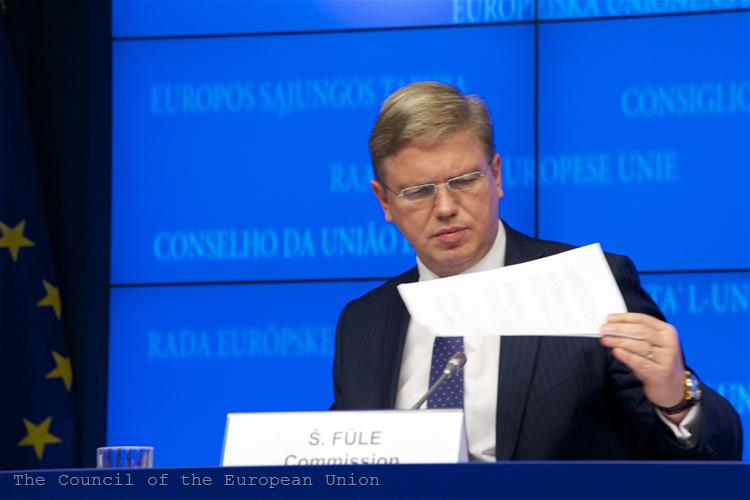 | © The Council of the European Union
| © The Council of the European Union | © European Parliament
| © European Parliament | © European Parliament
| © European Parliament | © The Council of the European Union
| © The Council of the European Union | © European Parliament
| © European Parliament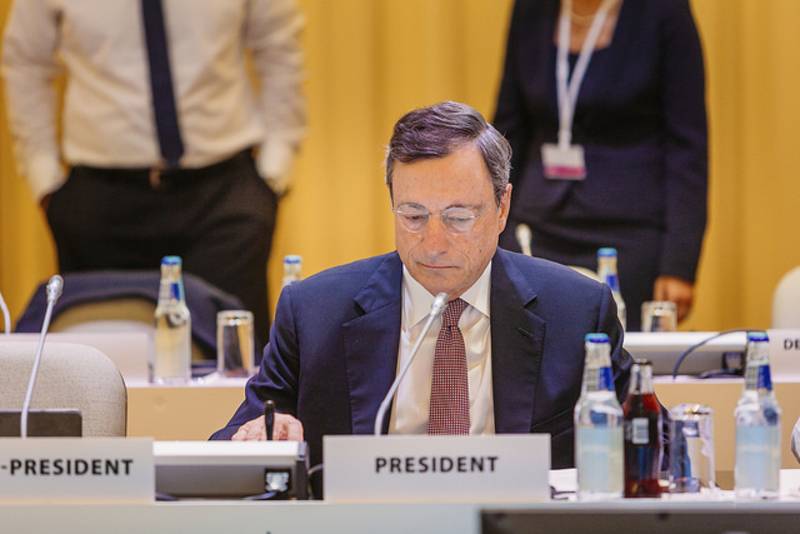 Mario Draghi | © ECB
Mario Draghi | © ECB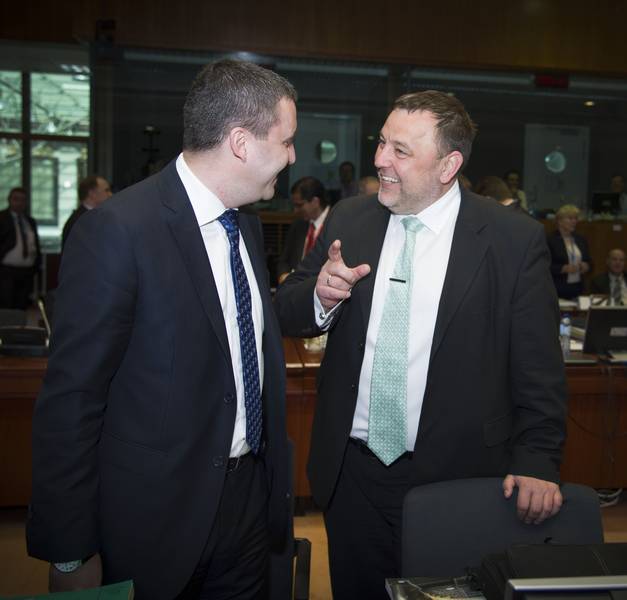 Vladislav Goranov, Sven Sester | © Council of the EU
Vladislav Goranov, Sven Sester | © Council of the EU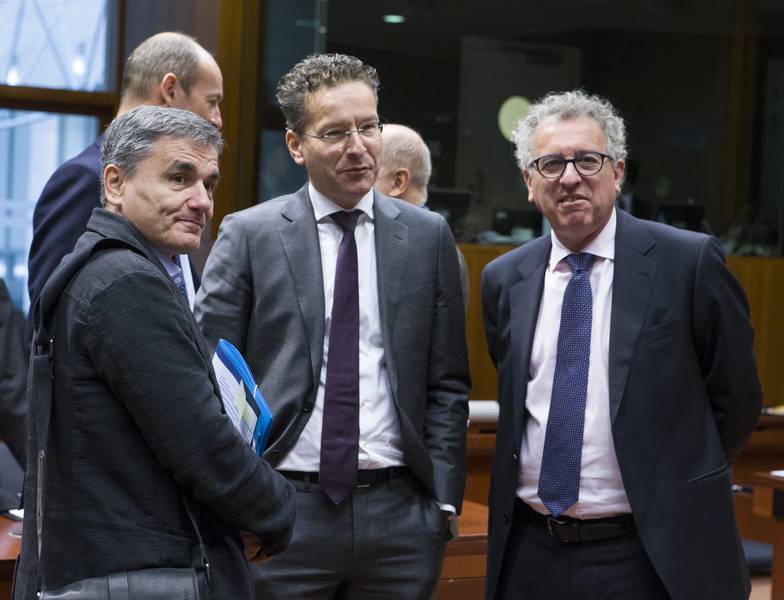 Tsakalotos, Djisselbloem, Gramegna | © Council of the EU
Tsakalotos, Djisselbloem, Gramegna | © Council of the EU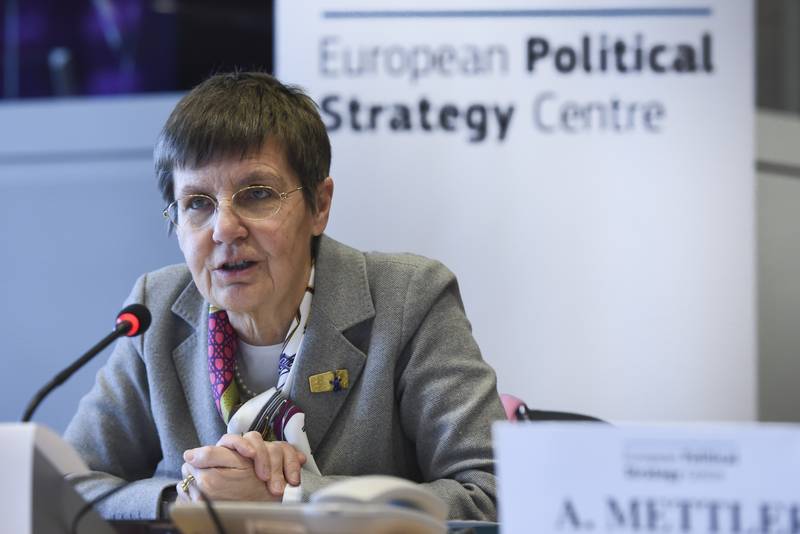 Elke Koenig | © European Commission
Elke Koenig | © European Commission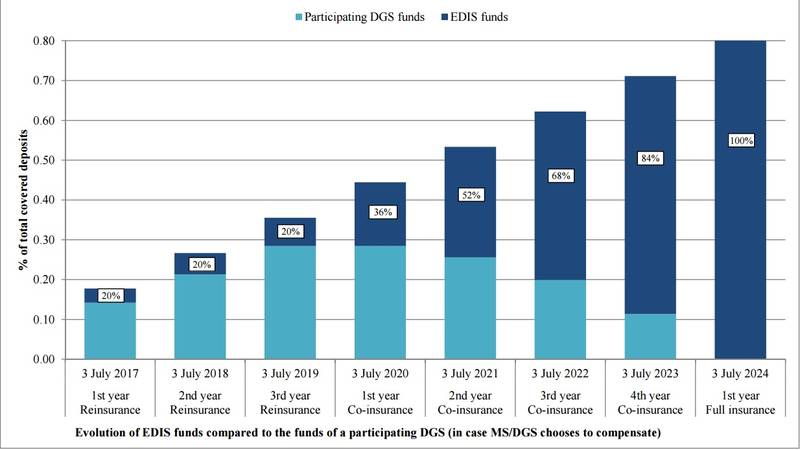 | © European Commission
| © European Commission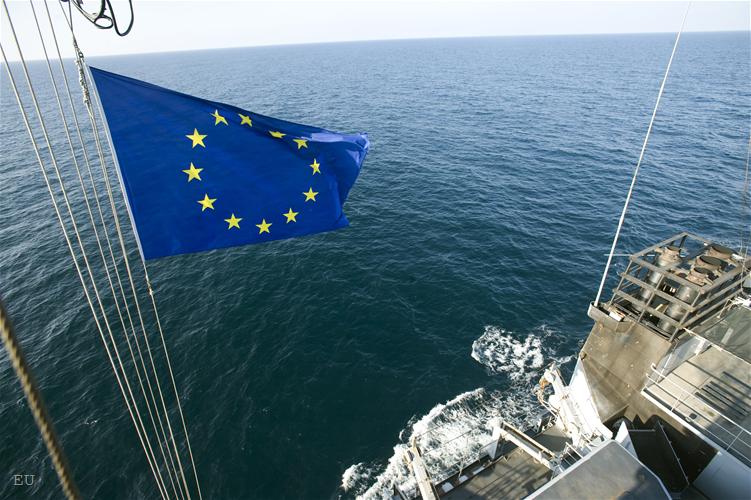 | © EU
| © EU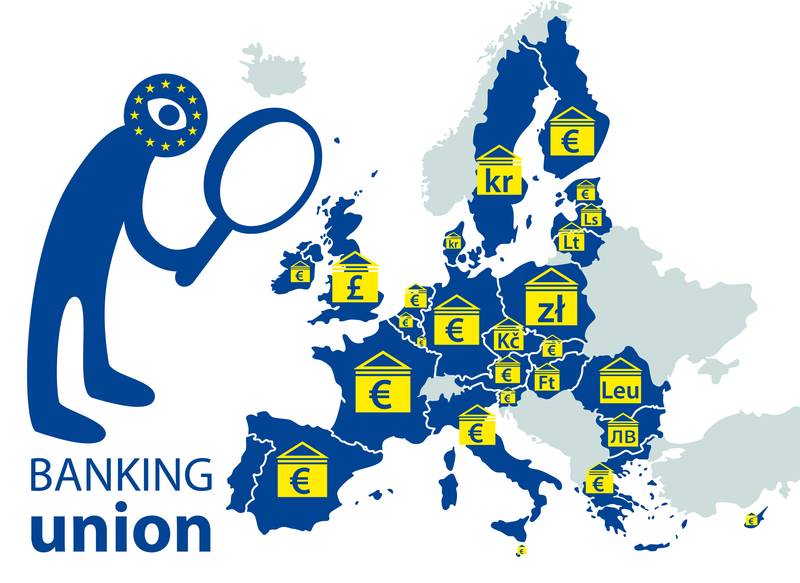 | © European Parliament
| © European Parliament